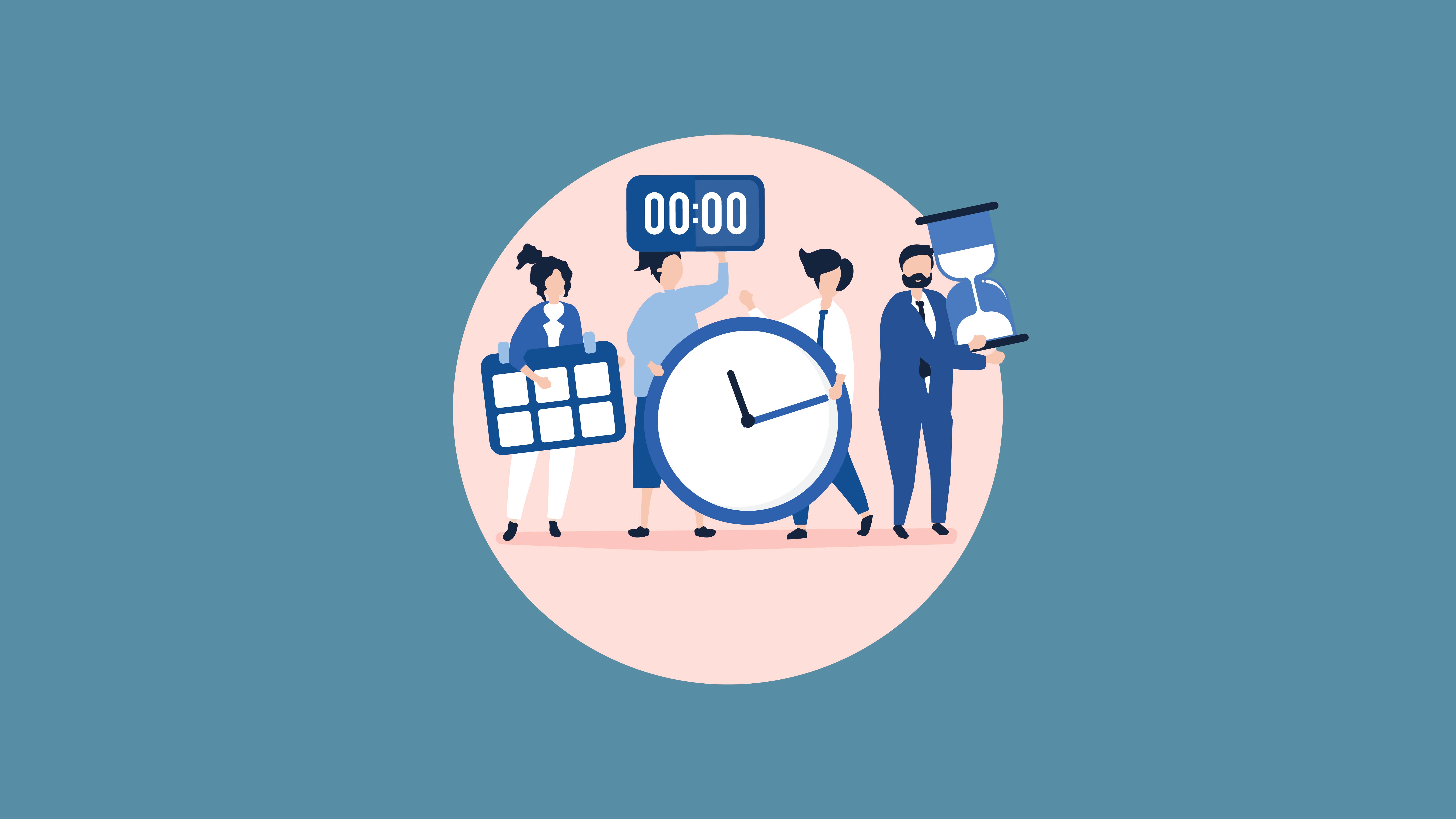Is the post-interview wait driving you mad?
The nervy post-interview wait, the calm after the storm. It's an anxious time for any job seeker, however seasoned. As days and weeks of thumb-twiddling pass, it's easy to grow disheartened. And then comes the creeping temptation ‒ should I message them? It's only natural to want a definitive answer, but reaching out too early can seem impatient, even needy. So just how long should the prospective employee wait after the interview before sending a follow up email, or ‒ resigned to failure ‒ move on altogether?
Remember: Nothing happens fast
The hiring process is a slow one. Before a single interview question is posed, hundreds of candidates have to be whittled down to no more than a handful.
Once a shortlist has been decided upon, the actual sit-downs can take weeks. After that, the employer or hiring manager has to collate notes, weigh up strengths and weaknesses, ponder candidate compatibility, and reason with all manner of practical considerations.
Even with whole HR departments helping expedite the process, there's just so much to be done before a final hiring decision is reached. In other words, be patient!
What's the average waiting time to hear back?
Sector to sector, role to role, it's hard to put an accurate figure on how long you should expect to to hear back for a response post-interview. Still, a Jobvite study found that in 2017, the average 'time-to-hire' was 38 days. Even if it differs by field, that's a lengthy average waiting to hear back period.
If you're desperate for a sector-specific estimate, reach out to peers in the same line of work and ask how long they waited for a response when they were searching. And if you really need answers, pore over industry-relevant message boards and online forums to see if you can get some insight.
When should I follow up?
When considering following up with the human resources manager, there are two answers. Your first after-interview contact ‒ a thank you note ‒ should be sent within 24 hours of the interview itself. A brief expression of gratitude will help fix you in the employer's mind and speaks to a polite, professional disposition.
Once you've dispatched that, the real waiting game begins. As a general rule of thumb, you're best to wait between one and two weeks during the interview process before reaching out again. This gives the employer time to churn through the candidate list, but isn't so long that they think you've lost interest.
What should I say?
Nailing the timing is one thing, but if your message misses the mark, it could do more harm than good. Avoid overly direct language like 'Have I got the job?'. At best, this is too blunt; at worst, it's totally impertinent. Opt instead for something more elegant: 'May I ask your recruitment timeframe?'.
Similarly, suppress the urge to ask for an appraisal on your interview performance ‒ it's an unprofessional request, and the employer has no obligation to respond. Instead, if job seekers are keen to flesh out the message, ask whether they need any additional information that could aid their decision making.
This could include testimonials from past employers, recent work completed after the application period or a (brief) reminder of your most relevant skills and experiences. Remember: You can only send one follow-up message, so make sure to cover all bases (but do so concisely!).
The search must continue
If all goes well, you'll receive a prompt response. But the job hunt is a rough old game, and there's every chance a reply won't be forthcoming.
If that's the case, you've got to show a little mettle, lick your wounds and move on. It's easier said than done ‒ resigning yourself to a lost opportunity isn't easy. But the quicker you get back on the search, the sooner you'll land that dream job ‒ and if nothing else, you'll be showing the sort of grit every employer and HR department values.
The period after an interview is a uniquely stressful time. You're likely exhausted after weeks of self-promotion, but the desire for a definitive answer is hard to shake. Resisting the urge to reach out too soon is important, however. Leave it a week or two, then draft a breezy, polite message asking for an update. Ideally, good news will follow soon after. If not, the hunt must go on!
Before you can get into the interview room, your CV must impress. Will yours? Get a free CV critique to find out.
 Alasdair Lane
Alasdair Lane 